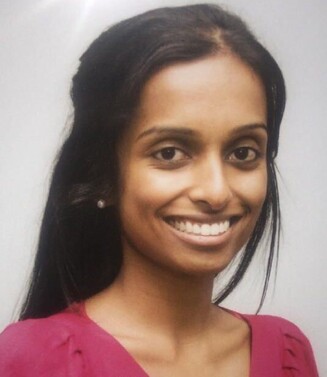Dr Cositha Santhakumar was awarded $35,000 to study the role of the tumour microenvironment and its implication as a therapeutic target in hepatocellular carcinoma (HCC). HCC is the most common form of Liver cancer accounting for 90% of all diagnosis in New Zealand.
Despite initial setbacks in recruitment because of COVID-19, Dr Santhakumar has made excellent progress with her investigations. To date, the team have recruited sixteen cases for their study. Through analysing liver cancer tissue, they have found that there is a large degree of heterogeneity (variation) in the level of immune cells able to infiltrate the HCC tumour. These variations are seen both within a patient’s tumour and between patients, highlighting the difficulty in treating liver cancer.
Dr Santhakumar has been able to identify certain markers within liver cancer which could represent potential targets for immunotherapy treatment. By using the Perkin Elmer Vectra Polaris Imaging System, the team hope to better analyse and quantify these immune cell infiltrates and markers to better understand the tumour microenvironment of liver cancer, so that patient care can be better optimised and tailored.
The progress being made thanks to the support of GCF donors was confirmed by Dr Santhakumar’s recent presentation to collaborators at the Maurice Wilkins Centre and colleagues in Sydney where the work was very well received and plans were discussed for the next phase of research into the immune microenvironment in HCC, between NZ (Maurice Wilkins Centre/NZ Liver Transplant Unit) and Australia (Centenary Institute/AM Morrow Gastroenterology & Liver Centre).
Dr Santhakumar has further work and publications pending relating to this initial investigation generously funded by the Estates of Sir Ernest Hyam Davis and Ted and Mollie Carr. GCF is encouraged by the progress made by Dr Santhakumar and the study team with our Scientific Advisory Committee noting that this has been a very productive investment that has interesting implications for future treatment approaches to HCC. The fact that collaborators in Auckland and colleagues overseas are potentially using this study as the basis for further investigation is an exciting step forward in the treatment of one of New Zealand’s deadliest cancers.
